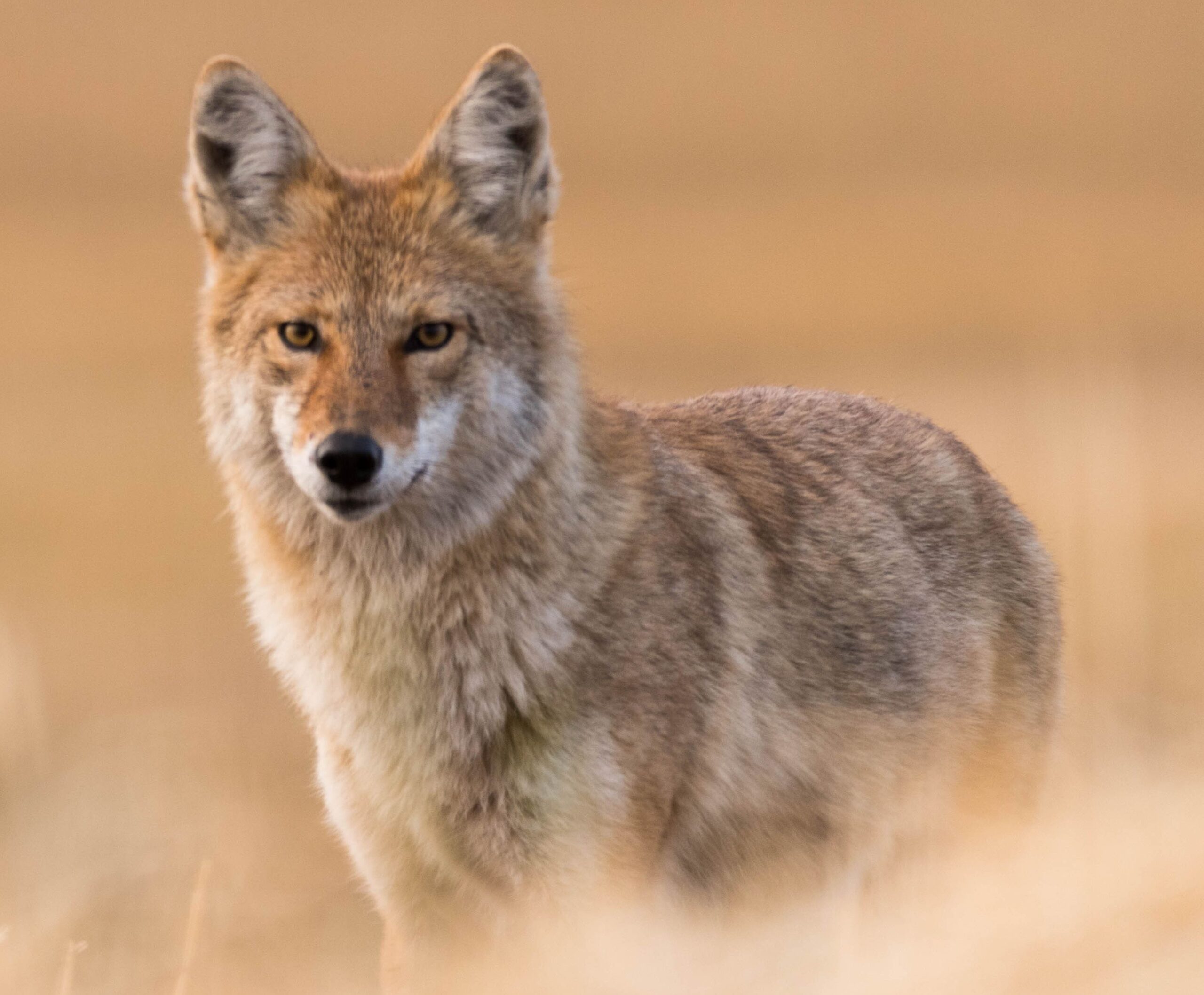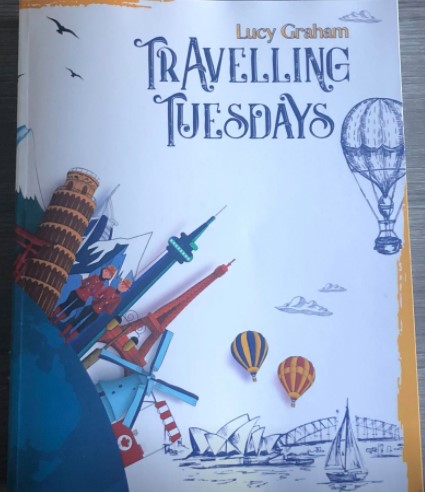Have a Howling Good Time!
Have a Howling Good Time! - Day 363 - Daily Content Challenge
The Coyote is a species of canine that is native to North America. It is smaller and more lightly built than its close relative, the wolf.
Coyotes mate for life. A newly mated pair establish a territory and either construct their own den or clean out an abandoned badger, marmot, or skunk den. During the pregnancy, the male will frequently hunt alone and bring back food for the female. The female might line the den with dried grass or with fur pulled from her belly. After 63 days, a litter of six pups are born.
The pups are completely dependent on milk for their first ten days. The parents begin adding regurgitated solid food to their diet after 12-14 days. When their milk teeth are fully functional after four to six weeks, the pups are given small food items such as mice and rabbits. Their eyes open after ten days and they become more mobile. They start walking by day twenty and running at the age of six weeks.
The male plays an active role in feeding, grooming, and guarding the pups. If the female goes missing before the pups are completely weaned, the male will abandon them. By June to July the den is abandoned and the pups follow their parents in patrolling their territory.
Coyotes have expanded their range because of humans. They have adapted well to city life and many are found in urban settings. Coyotes are attracted to neighbourhoods due to the availability of their natural food sources. They can find garbage, pet food, and birdfeeders. Some residents illegally place food out for coyotes, which compounds the problem of coyotes near your home. Coyotes cannot climb trees but they can jump fences. Their claws are not sharp enough and coyotes are not able to wrap their front legs around a tree to climb it,
Coyotes are not strictly nocturnal. They are more active after sunset and at night, but they may be observed during the day. After hunting, they will retire to sleep around dawn. They will sleep for the rest of the day until they are interrupted or need to come out for a stretch. Coyotes hide in covered open areas, raised grounds, or in dens during the day. Dens are most commonly seen in parks and forest areas, shrubbery, preserves, and golf courses.
Seeing a coyote should not be cause for alarm. Like other urban wildlife, they are looking for food, water, and shelter. If the coyote is approaching you or you see one while out walking, remain calm, keep eye contact, and slowly back away while leaving the area.
You want the coyote to feel unwelcome. Clap your hands loudly toward the animal. Make yourself appear large by waving your arms overhead or swing a walking stick at the coyote. Throw rocks to scare it away. Carry a whistle or air horn and blow it to startle the animal. Shout in a deep voice and maintain eye contact. Do not turn away or run from a coyote. This may trigger its natural predatory response and encourage the coyote to chase after you.
Coyotes make several different noises. Moonlight allows coyotes to see their home region at night. Coyote packs will howl to let intruders know of their presence. Coyotes are territorial and the home pack will protect its area with howls, whines and barks to warn intruders that they are not welcome. Coyotes will yip at night communicating with the other members of the pack as they hunt down their prey in the dark.
Here are the sayings from the bookmark called Advice from a Coyote.
-
Be Curious
-
Adapt to Your Surroundings
-
Stand Up Fur Your Friends
-
Travel Under the Stars
-
Keep Your Ears Open
-
Know When to Make Tracks
-
Have a Howling Good Time!
Here are my thoughts for each of the sayings.
-
Be Curious - keep learning new things and discover new ways to do things
-
Adapt to Your Surroundings - be flexible and figure out ways to make things work in all situations
-
Stand Up Fur Your Friends - Looks like a spelling mistake but coyotes have fur so this pun makes sense. Do stand up for your friends.
-
Travel Under the Stars - Coyotes like to be active at night. I did a lot of travelling and many times my flights took place at night. It was pleasant travelling under the stars.
-
Keep Your Ears Open - Listen and learn from others.
-
Know When to Make Tracks - Know when it is time to leave. If you make tracks, you leave the place where you are.
-
Have a Howling Good Time! - This expression can mean to be extremely or triumphantly successful. Have a great time doing what you enjoy.
Have a howling great day everyone. Be curious and keep your ears open.
# living life abundantly # published author # travelling tuesdays



